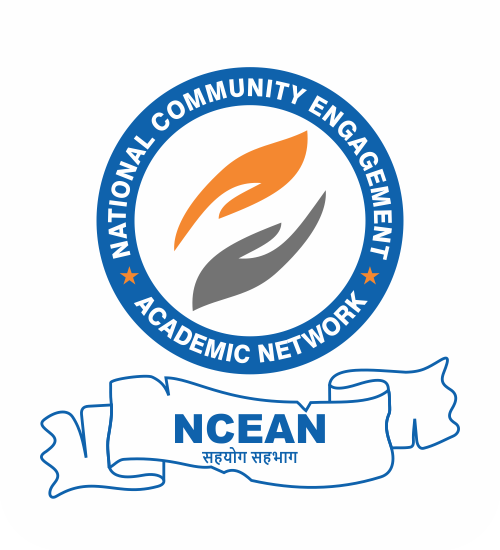Community engagement is essential in experiential learning
Community engagement is essential in experiential learning as it provides learners with opportunities to apply theoretical knowledge and gain practical skills in real-world settings while addressing community needs. Here are some ways community engagement can be integrated into experiential learning:
- Community-Based Projects: Designing projects that require learners to collaborate with community organizations, businesses, or government agencies to address real-world challenges or contribute to community development initiatives.
- Service-Learning: Incorporating service-learning components into courses, where learners engage in structured service activities that meet community needs while reflecting on their experiences and connecting them to course content.
- Internships and Practicums: Providing opportunities for learners to gain hands-on experience through internships, practicums, or field placements with community organizations, businesses, or government agencies related to their field of study.
- Community-Based Research: Involving learners in research projects that address community issues, involve community members as partners in the research process, and produce actionable insights or recommendations for addressing local challenges.
- Community Engagement Events: Organizing events such as community forums, workshops, or fairs that bring together learners, faculty, community members, and stakeholders to discuss relevant topics, share resources, and build relationships.
- Community Partnerships: Establishing partnerships and collaborations with community organizations, nonprofits, schools, or local businesses to co-create learning experiences, share resources, and support mutual goals and initiatives.
- Reflection and Debriefing: Facilitating structured reflection and debriefing sessions to help learners process their experiences, connect them to course objectives, and identify lessons learned, insights gained, and areas for further exploration.
- Capacity Building: Providing training, resources, and support for community partners to effectivel engage with learners, mentor students, and contribute to the success of experiential learning initiatives.
- Community Asset Mapping: Conducting asset mapping exercises to identify community strengths, resources, and assets that can be leveraged to support experiential learning initiatives and address community needs.
- Reciprocal Relationships: Fostering reciprocal relationships between learners and community partners, where both parties benefit from the exchange of knowledge, skills, and perspectives, and contribute to each other's growth and development.
